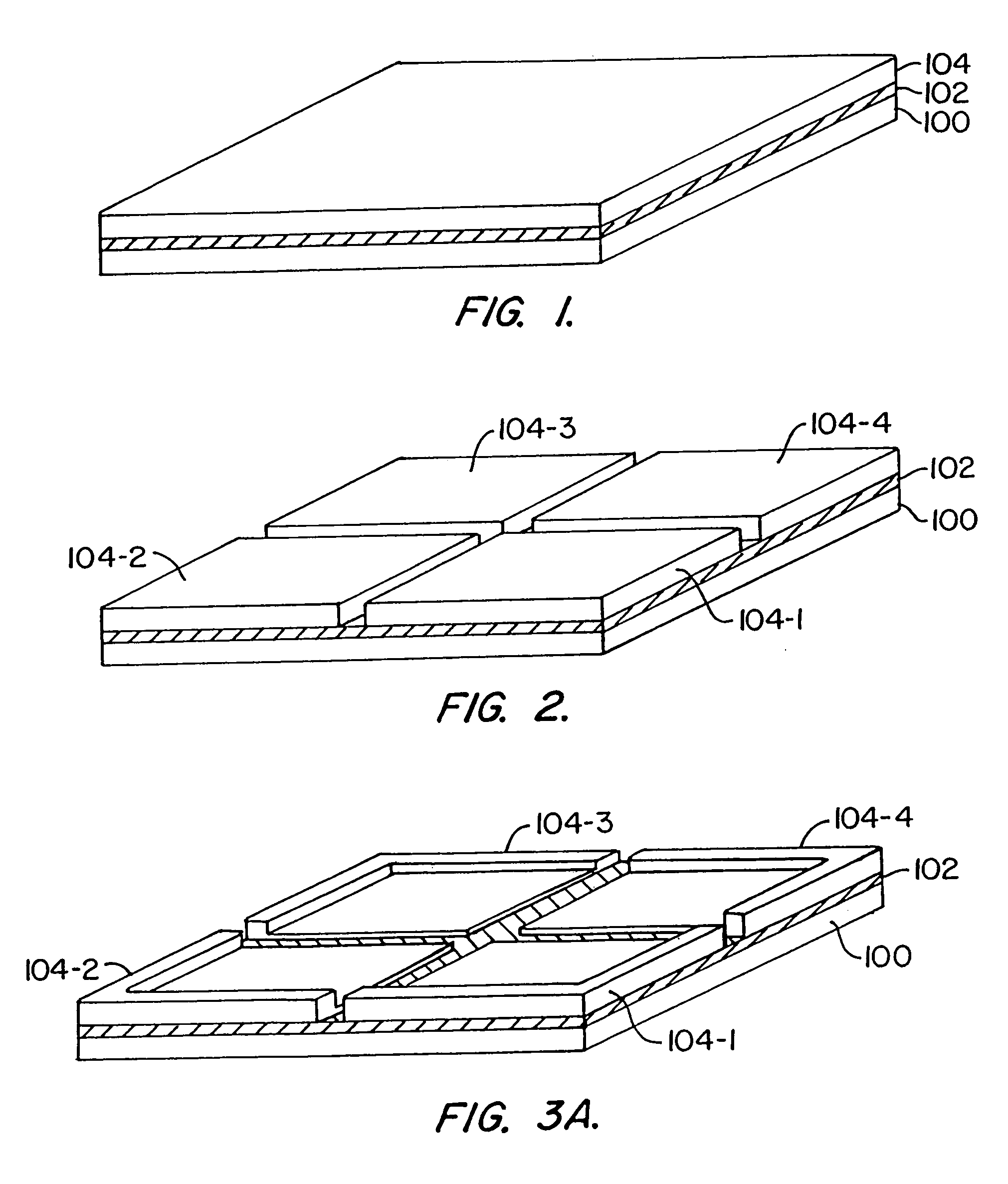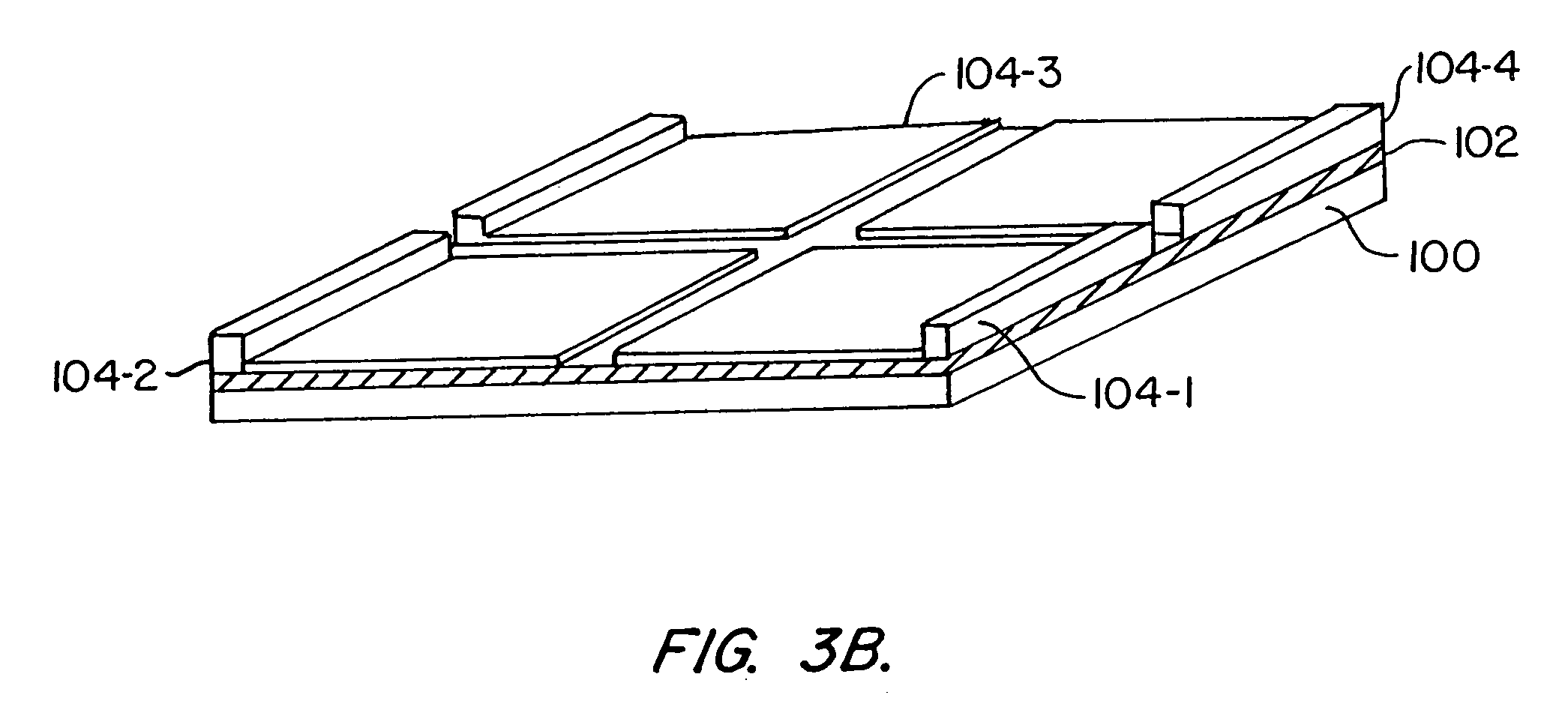High performance multi-chip flip chip package
a technology of flip-chip packaging and silicon dies, applied in metal working equipment, manufacturing tools, metal processing equipment, etc., can solve the problems of poor heat dissipation, difficult connection to the back side of the die, and the parametricity of conventional packages is more of a performance limitation factor, so as to reduce the resistance of the package to a negligible level, facilitate direct connection of the active surface of the silicon die to the printed circuit board, and improve the effect of thermal performan
- Summary
- Abstract
- Description
- Claims
- Application Information
AI Technical Summary
Benefits of technology
Problems solved by technology
Method used
Image
Examples
Embodiment Construction
[0021]An improved flip chip packaging technology that offers a number of advantages over conventional semiconductor packaging technologies is described in detail in the above-referenced parent application Ser. No. 09 / 129,663, by R. Joshi. Briefly, according to the improved flip chip technology, a silicon die is attached to a carrier (or substrate) that has a cavity substantially surrounding the die. Direct connection of the active surface of the silicon die to the printed circuit board is then made by an array of solder bumps that is distributed across the surface of the die as well as the edges of the carrier surrounding the die. This eliminates the use of wire bonds or extended lead frames and results in a package that exhibits substantially reduced resistance and superior thermal performance. If the substrate is made large enough, the same manufacturing process can be used to house multiple dies inside one package. There would be one restriction however: with a common substrate, ...
PUM
| Property | Measurement | Unit |
|---|---|---|
| thickness | aaaaa | aaaaa |
| dielectric | aaaaa | aaaaa |
| length | aaaaa | aaaaa |
Abstract
Description
Claims
Application Information
 Login to View More
Login to View More - R&D
- Intellectual Property
- Life Sciences
- Materials
- Tech Scout
- Unparalleled Data Quality
- Higher Quality Content
- 60% Fewer Hallucinations
Browse by: Latest US Patents, China's latest patents, Technical Efficacy Thesaurus, Application Domain, Technology Topic, Popular Technical Reports.
© 2025 PatSnap. All rights reserved.Legal|Privacy policy|Modern Slavery Act Transparency Statement|Sitemap|About US| Contact US: help@patsnap.com



